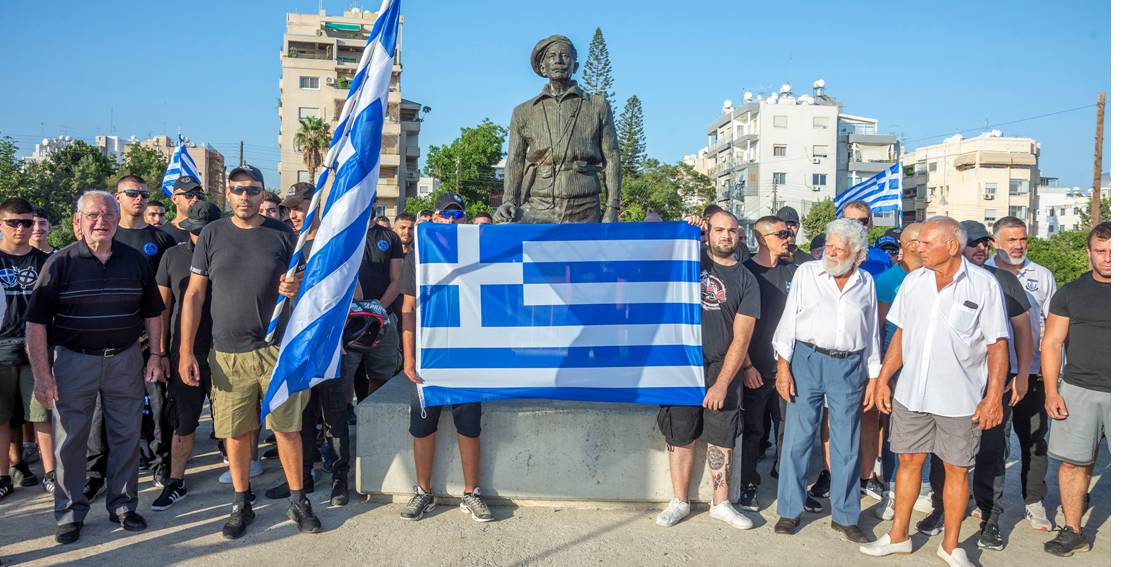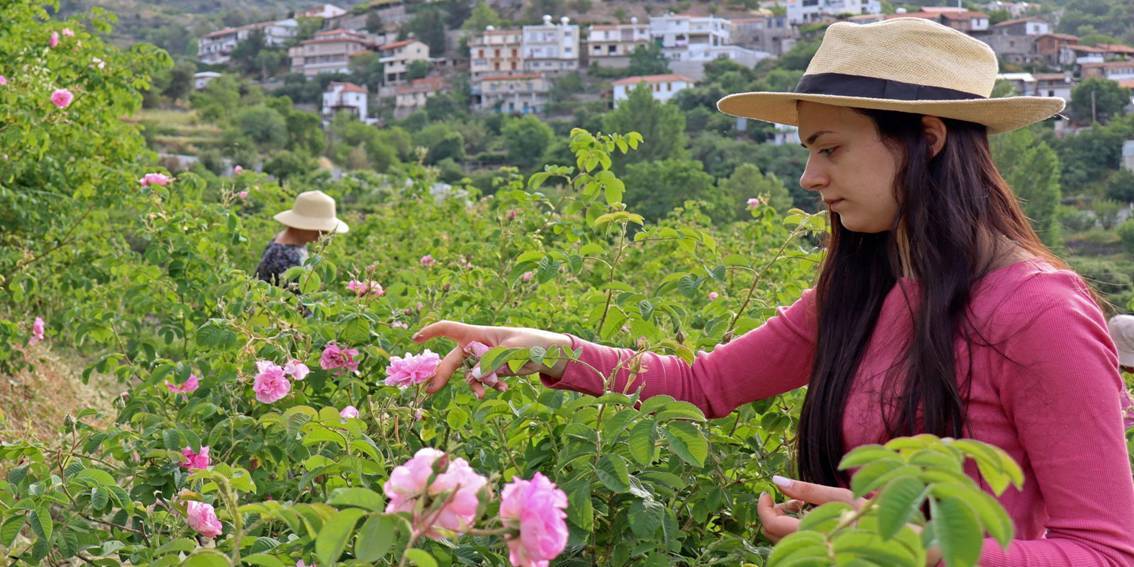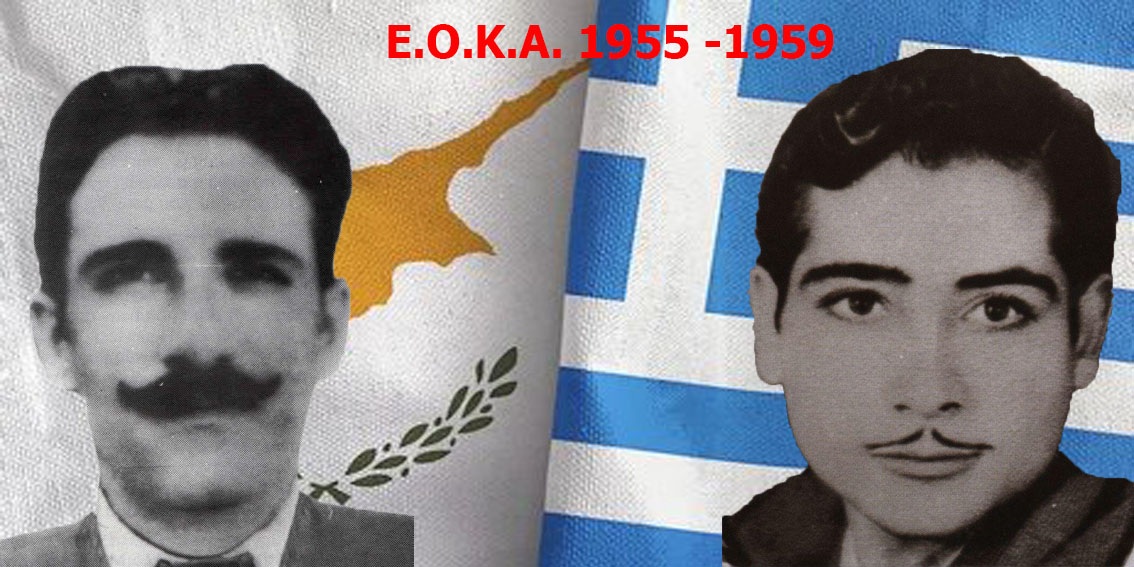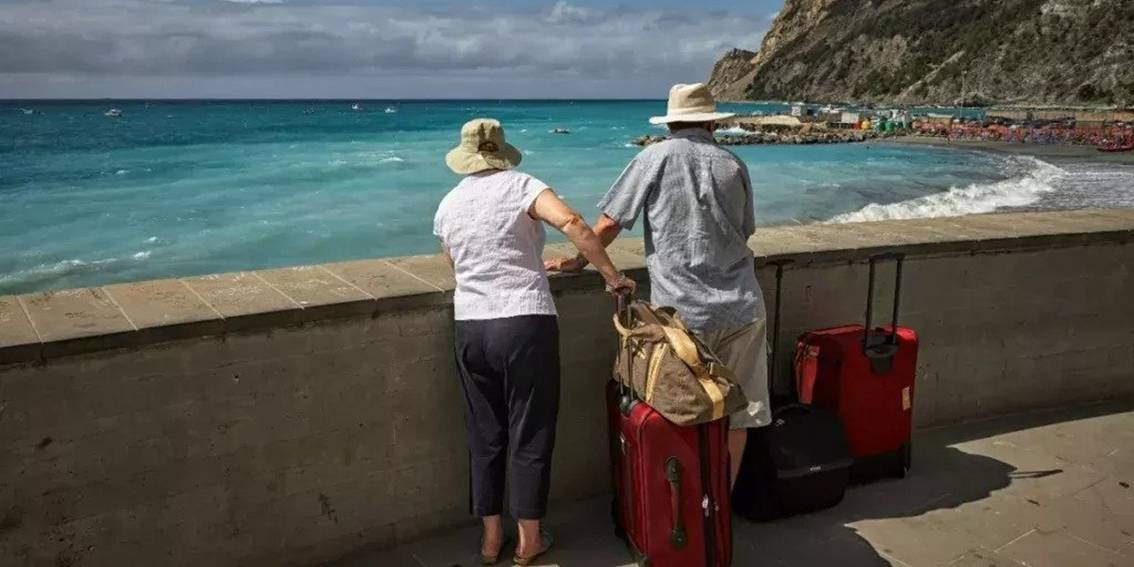Early Life and Background
Costas Anaxagorou was born in the village of Spilia Nicosia, on June 20, 1935. Cyprus was under British colonial rule at the time. Many Greek Cypriots wanted Enosis (union with Greece). Anaxagorou grew up in a politically charged environment. He joined the fight for independence as a young man.
Joining EOKA
In the 1950s, the National Organization of Cypriot Fighters (EOKA) formed. Their goal was to end British rule. Anaxagorou became an active member. He participated in guerrilla warfare and sabotage missions.
Pioneering EOKA’s Armed Resistance
Costas Anaxagorou played a crucial role in strengthening EOKA’s forces. He joined the fight soon after the Battle of Spilia in December 1955. This historic clash marked a turning point in Cyprus’ liberation war.
Coordinating the Underground Network
Anaxagorou acted as a key link between EOKA units in Spilia and Polystypos. These villages served as secret hubs for producing mines and grenades. He ensured smooth communication and logistics between fighters.
Master of Concealment
He organized hidden weapons caches across the region. These stockpiles stored explosives, firearms, and other vital supplies. His efforts kept EOKA’s operations running despite British crackdowns.
A Foundation for Freedom
His strategic work in arms distribution and storage proved invaluable. Without his efforts, EOKA’s resistance would have faced greater challenges. Anaxagorou’s dedication helped sustain the fight for Cyprus’ independence.
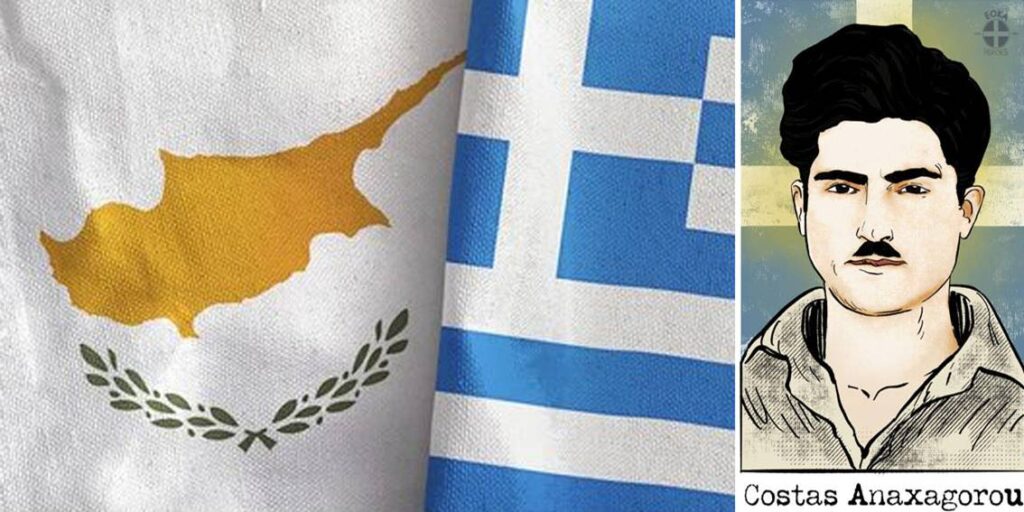
Legacy of a Shadow Warrior
Though not always on the front lines, his role was indispensable. He operated in secrecy, ensuring EOKA’s survival. His contributions remain a vital chapter in Cyprus’ liberation history.
The Tragic Death of Costas Anaxagorou
Costas Anaxagorou died with three fellow EOKA fighters – Andreas Patsalidis, Alekos Konstantinou, and Panagiotis Georgiadis. He was killed on June 20, 1958. The tragedy occurred while they prepared explosives for an ambush.
Deadly Mine Explosion
The group worked on a field mine under Georgiadis’ guidance. Suddenly, the device detonated prematurely. The blast killed all four men instantly.
Failed Ambush Plan
They had intended to use the mine against British forces. Instead, the accident claimed their lives. The explosion cut short a critical mission.
Impact on the Resistance
Their deaths shocked the EOKA movement. The loss of four experienced fighters weakened local operations. Yet, their sacrifice fueled others to continue the struggle.
Remembering the Fallen
Today, Cypriots honor these martyrs together. Memorials mark their shared sacrifice. The accident remains a somber reminder of war’s unpredictability.
The Painful News and his Father’s Grief
When Anaxagorou’s father learned of his son’s death, he stood silent at first. Tears filled his eyes, but he did not weep aloud.
A Patriot’s Resolve
“My boy died for Cyprus,” he finally said. “ I lost the first one. I immediately have another, ready to take his place in the race. ”
Quiet Anguish
Neighbors came to offer condolences. The old man thanked them quietly. He touched his son’s photograph but turned away quickly.
Legacy of Sacrifice
“Let the world remember,” he told the village priest. “Not as a victim—as a soldier.” That night, he lit a candle by the window. It burned until dawn.
Legacy and Cyprus’ Independence
Cyprus gained independence in 1960. Anaxagorou became a national hero. Many Cypriots honor his courage and sacrifice. His story remains a key part of Cyprus’ history.
Conclusion
Costas Anaxagorou was a fearless EOKA fighter. He dedicated his life to Cyprus’ freedom. His actions helped shape the nation’s future. Today, he symbolizes the struggle against colonialism.

